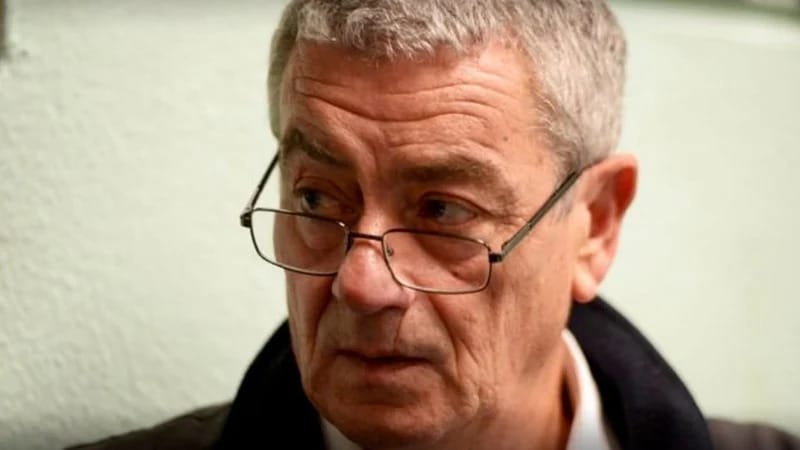The death of Kieran Conway in June passed almost entirely unnoticed. That silence is no accident. Part of the ‘peace process’ was always to censor voices like his — men and women who refused to capitulate, who named betrayal for what it was, and who remained anti-imperialist and socialist to the end.
Conway belonged to the generation radicalised by the civil rights struggles of the late 1960s — in the United States and in Ireland. When British troops were sent to defend the Orange state in 1969, he understood, like thousands of others, that Ireland’s oppressed minority had no choice but to defend themselves. He became a revolutionary. He left behind a comfortable middle-class existence to join the IRA, first in England and then as part of the leadership. Conway rose to the IRA’s GHQ staff and at one point served as Director of Intelligence, playing a central role in the mid-1970s reorganisation of the movement.
He endured prison and exile, and when the Adams leadership steered the movement into constitutionalism, Conway broke ranks. He resigned after the Downing Street Declaration in 1993, correctly recognising that it represented a historic surrender: the acceptance of the unionist veto, the principle of consent, and with it the defeat of republicanism as a revolutionary force.
His 2014 memoir, Southside Provisional, was written without apology or repentance for his role in the armed struggle. It exposed the mendacity of Gerry Adams and Co — the lies told to their own base as they edged ever closer to administering British rule. Tellingly, Conway struggled to find a publisher willing to take the book, a reflection of the censorship imposed on any account that challenged the official narrative of ‘peace’.
Conway opposed the Good Friday Agreement and the sanitised ‘peace’ it produced. He never disguised that opposition. He stood as a reminder that the struggle was for national liberation and socialism, not for seats in Stormont or careers in government.
In later years he trained and practised as a criminal defence solicitor in Dublin, continuing to defend the oppressed against the state. But his greatest legacy is political: the testimony he left that cuts through the mythology of the peace process and the silencing of revolutionary voices.
Kieran Conway’s passing matters because it underlines what the ruling class and its nationalist partners want buried — the fact that the so-called settlement in Ireland was not a victory for the oppressed, but a managed defeat. The lesson for today’s movement is clear: revolutions are betrayed from within as well as defeated from without. Those who still stand for an anti-imperialist, socialist Ireland must study Conway’s life and his critique, not to mourn, but to prepare.
Paul Mallon




